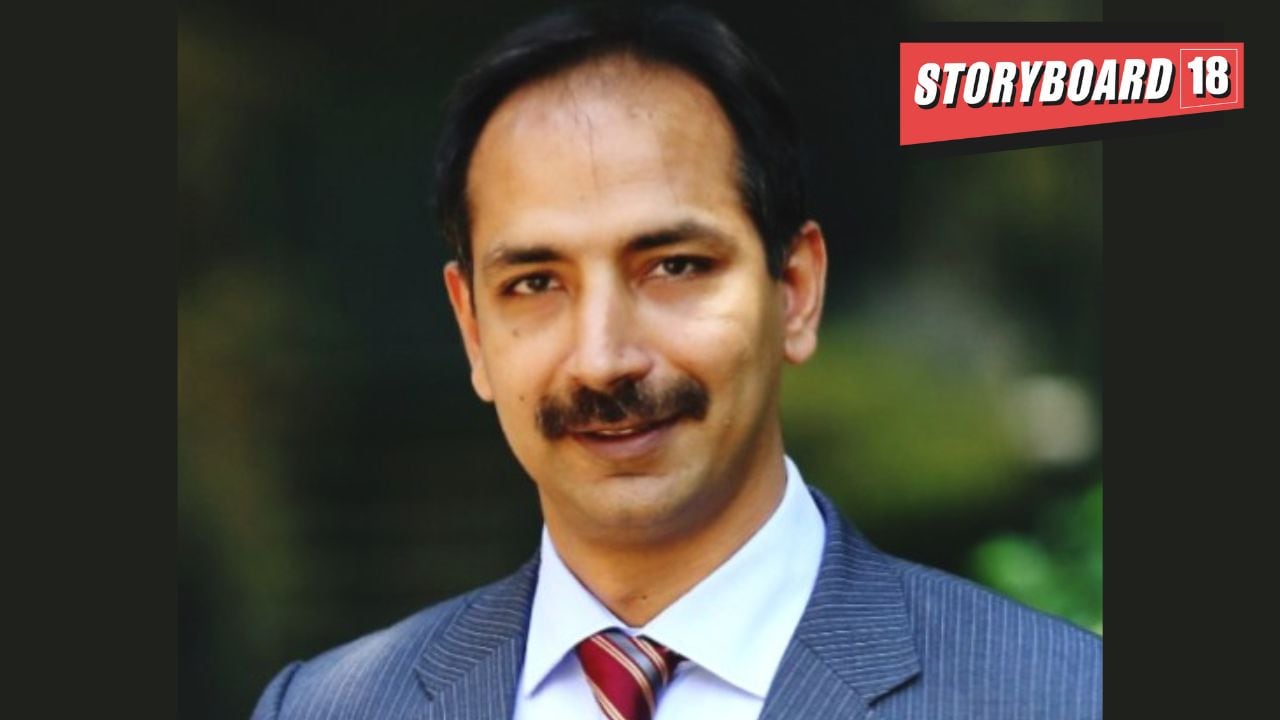Ajay Dang, President and Head of Marketing, UltraTech Cement, is not a social media addict despite being a regular on LinkedIn, as he doesn’t want to lose touch with reading and get lost in the barrage of posts that one is bombarded with when active on social media.
Dang enjoys content featuring the famous American psychoanalyst Salman Akhtar (brother of Bollywood writer and lyricist Javed Akhtar), and British psychiatrist Iain McGilchrist.
He believes that listening to and understanding people is an underestimated business and marketing tool, and we should be devoting far more time and energy to fathom how humans function.
Edited excerpts
What are your favourite quotes on marketing and leadership?
One anecdote, attributed to the great scientist Albert Einstein, goes: “If I had an hour to solve a problem, I’d spend 55 minutes thinking about the problem and five minutes thinking about solutions.” Often, be it at work or home, I’ve found that we are all type A personalities who jump into action without questioning as to whether we are trying to solve the right problem. So, that (quote) has been very helpful.
In your free time, what kind of marketing content do you consume?
I read widely and listen to podcasts. I listen to a lot of content while travelling, typically revolving around psychology, literature, etc, apart from marketing. Because I think that helps connect the dots and gives one the greatest amount of insights.
Where do you get your social media mix from?
I am a regular on LinkedIn. But other than that, in order to maintain my reading habit and sanity, I’m on very few social media platforms. I try to restrict the time spent on such media.
What were the last few videos you viewed on any platform?
I remember watching Salman Akhtar’s video interview. He is Bollywood screenwriter and lyricist Javed Akhtar’s younger brother and a very famous psychoanalyst in the US.
The second video I watched featured Iain McGilchrist, a British psychiatrist. He has a very interesting theory, which explores why our brains have two halves. He debunks traditional thinking that one half is logical and the other creative.
Who are your favourite creators and what draws you to them?
Saurabh Awasthi, who runs Lallantop — the content they come out with is really interesting. I also read a lot of material by John Hegarty, founder of the British ad agency BBH (Bartle Bogle Hegarty).
What is your sport or fitness routine like?
I run, swim, and cycle.
What do your weekends look like?
My daughter is an up-and-coming footballer. Being part of her journey is something that I really enjoy during the weekends.
What do you watch on weekends?
I watch a lot of docuseries. I try to restrict my screen time and read books and listen to podcasts.
What are you reading? Any recommendations?
I’m reading Obliquity, by John Kay. His thesis is very interesting — he says that most of the time the path from A to B is not a direct one. He also says that the richest people are not necessarily only after money. Similarly, he asserts that the happiest people are not necessarily trying to make themselves happy on a daily basis.
For example, mountaineers, marathoners, etc., go through excruciating pain, but those are the people that are the most satisfied. Which leads back to his point that often, the shortest route between point A and B is an indirect, not a direct one.
He’s come out with an interesting new book, ‘The Corporation in the 21st Century,’ where he says that the paradigm has shifted from assembly line manufacturing. The companies that are growing today no longer work like how firms did in the 20th century. But, we seem to be evaluating them the same old way.
Any work or life hack you swear by
Talent is overrated. It is deep involvement, hard work, and grit that helps one master any field.
If you are unable to solve a problem, reframing the issue and questioning the question is something that allows one to be creative, see new perspectives, and solve issues.
What’s your advice to avoid personal and professional burnout?
Be interested in what you’re doing. Burnout happens when there is drudgery. If you’re interested in what you do, then even if you are working hard, it doesn’t become a drudgery or lead to burnout.
A piece of professional wisdom you would like to share with next gen marketers?
Most often, we are far more focused on the shiny new object. Earlier, it was big data, the metaverse, etc., and now it is AI. But what will remain constant is that you will always be solving things for human beings. That hasn’t changed in 5,000 years and it’s not about to, though the tools we use may.
Listening to and understanding people has been a lifelong curiosity for me. I think that is an underestimated business and marketing tool. The principles of marketing remain the same and we should be devoting far more time and energy to understanding how humans function.
Read More: Know your consumer inside and out, says Arvind Iyer, Piramal Finance
